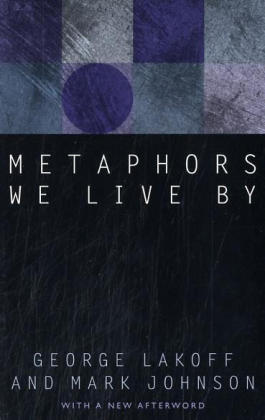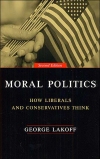








"According to one study, the condition [synesthesia] is
seven times as common in creative people as in the general population. One skill that many creative people share is the faculty for using metaphor ("it is the east, and Juliet is the sun"). It is as if their brains are set up to make links between seemingly unrelated domains -- such as the sun and a beautiful woman... Our studies of the neurobiological basis of synesthesia suggests that a faculty for metaphor -- for seeing deep links between superficially dissimilar
and unrelated things --provide a key seed for the eventual emergence of
language." - V. S. Ramachandran and E. M. Hubbard ("Hearing Colors, Tasting Shapes" Scientific American May 2003)
T h e M e t a p h o r D e f i n e d
Many people have theorized how the metaphor can or should be used. But only a few have actually attempted to define it. (Click on the images below for information on physical copies of a text. The words underneath the image will lead to on-line versions, if available).
Aristotle, at least in Western tradition, is considered the forefather in the classical groundwork for the metaphor. The Greek philosopher discusses the metaphor in two of his works: Rhetoric and Poetics. |
George Lakoff, on the other hand, has put in the place the framework for contemporary studies of the metaphor. The following are two of his relevant and prominent works: Metaphors We Live By (with Mark Johnson), and Moral Politics. |
A metaphoric comparison is produced via the X is Y formula. In this equation, one unfamiliar concept is compared to another (ARGUMENT is WAR)--a process known as "mapping." The former concept is called the tenor (or "target domain"), whereas the latter is the vehicle (or "source domain"). The implied meaning beind this mapping is known as the "common ground" (ARGUMENT is WAR because both are violent acts that end in some kind of physical, emotional, or mental abuse).
Below is a glossary of related terms.
|
|
B |
|
|
|
F |
G |
H |
|
J |
K |
L |
|
|
O |
|
Q |
|
|
|
U |
|
W |
X |
Y |
Z |




